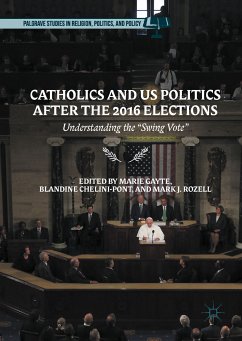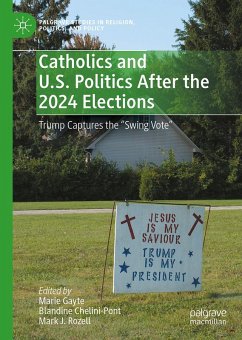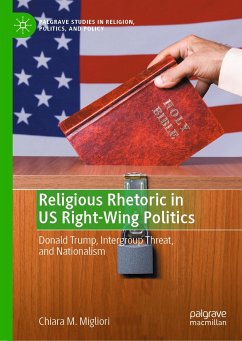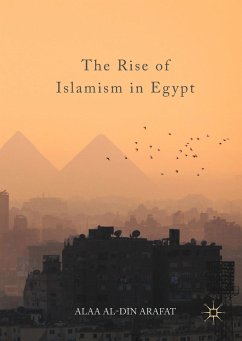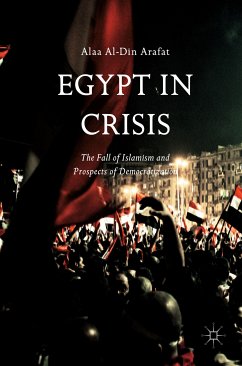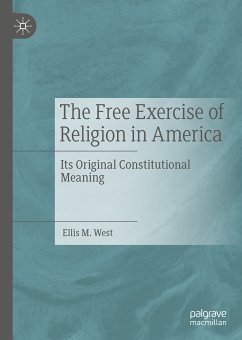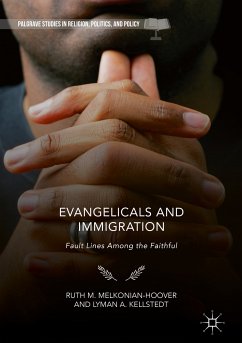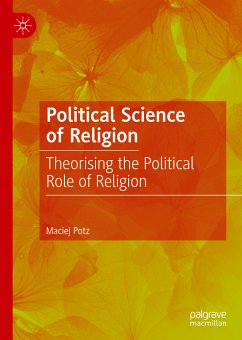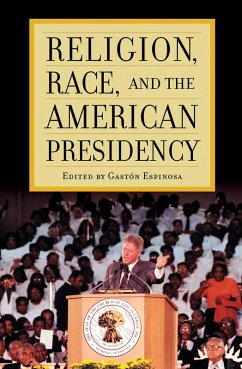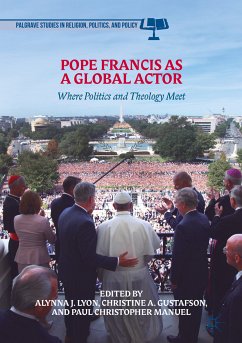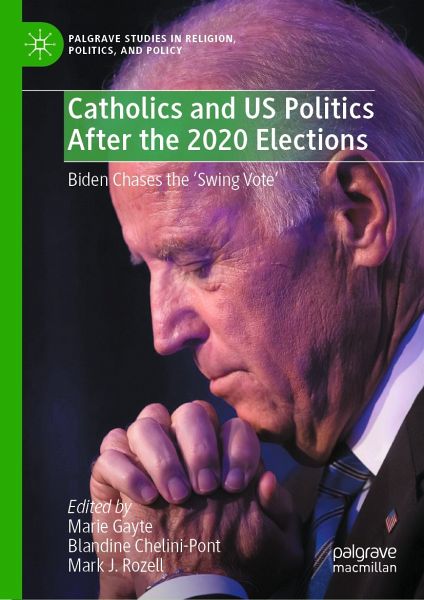
Catholics and US Politics After the 2020 Elections (eBook, PDF)
Biden Chases the 'Swing Vote'
Redaktion: Gayte, Marie; Rozell, Mark J.; Chelini-Pont, Blandine

PAYBACK Punkte
56 °P sammeln!
This book examines the evolution of the Catholic vote in the United States and the role of Catholic voters in the 2020 national elections more specifically. There is a paucity of academic books on Catholic voters, even though Catholics comprise nearly one-quarter of the US national popular vote and commonly are called the "swing vote." Scholars of religion and politics tend to focus heavily on the evangelical right, thus overlooking the powerful influence of Catholic voters who, by the accounts in this volume, were critical to the presidential election of President Joe Biden. To understand the...
This book examines the evolution of the Catholic vote in the United States and the role of Catholic voters in the 2020 national elections more specifically. There is a paucity of academic books on Catholic voters, even though Catholics comprise nearly one-quarter of the US national popular vote and commonly are called the "swing vote." Scholars of religion and politics tend to focus heavily on the evangelical right, thus overlooking the powerful influence of Catholic voters who, by the accounts in this volume, were critical to the presidential election of President Joe Biden. To understand the intersection of religion, politics, and election outcomes in the US requires an analysis of the role played by Catholics. Among key topics covered in this volume are whether Biden's Catholic identity was key to his achieving a larger percentage of the Catholic vote than achieved by Hillary Clinton in 2016; the role of the Catholic bishops in US elections; the critically important role of the Catholic Latino vote in US elections; the conservative Catholic and evangelical alliance in US politics; and the distinctive politics of social justice Catholics and socially conservative Catholics.
Dieser Download kann aus rechtlichen Gründen nur mit Rechnungsadresse in A, B, BG, CY, CZ, D, DK, EW, E, FIN, F, GR, HR, H, IRL, I, LT, L, LR, M, NL, PL, P, R, S, SLO, SK ausgeliefert werden.



